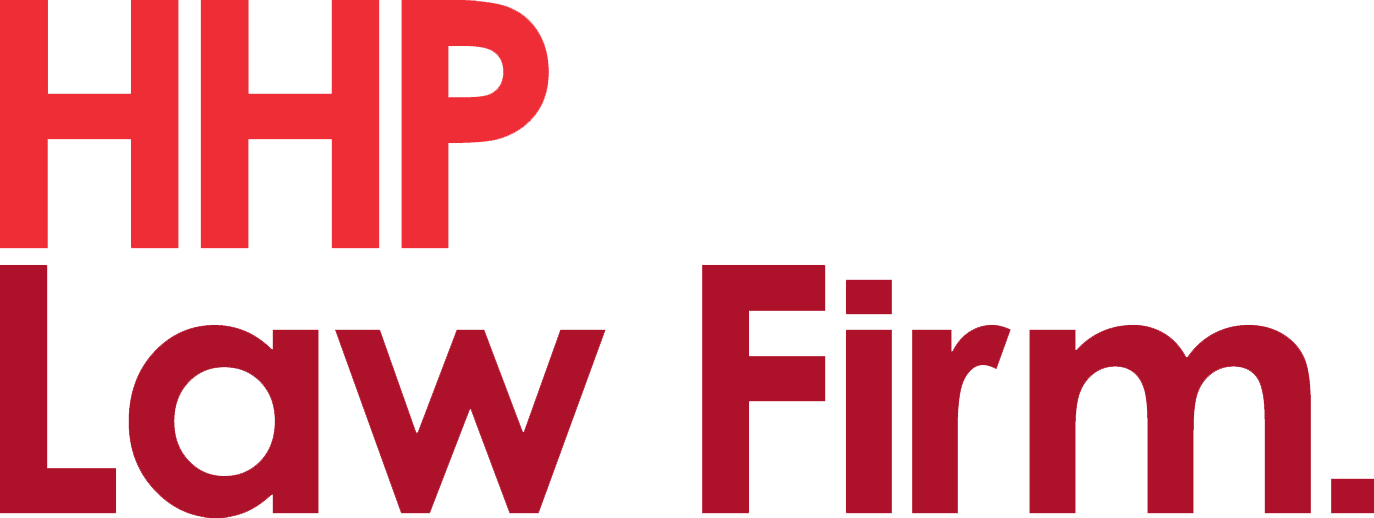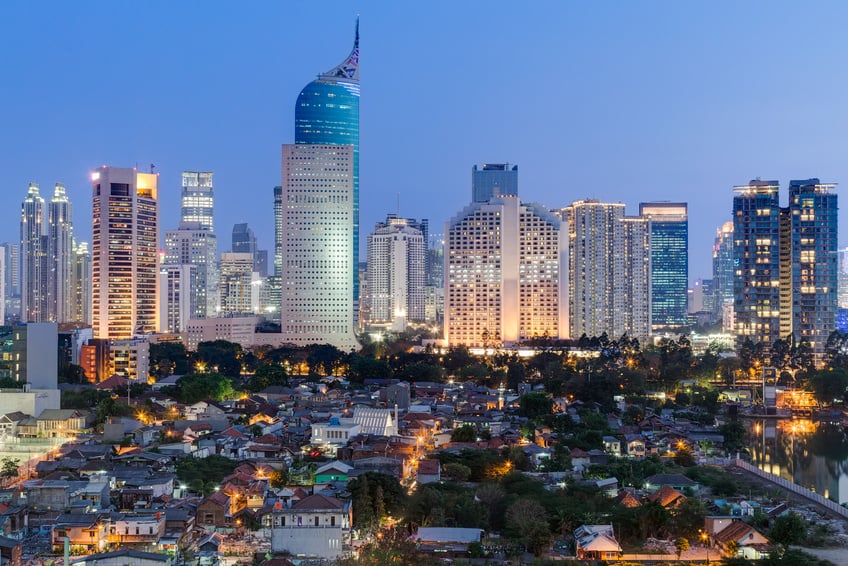In brief
In April 2022, the Minister of Finance (MOF) issued MOF Regulation No. 26/PMK.010/2022 on the Stipulation of Goods Classification System and Imposition of Import Duty Tariffs on Imported Goods (“BTKI 2022“), which introduced changes made to the Harmonized Commodity Description and Coding System (HS) Code regime and updated Indonesia’s Customs Tariff Book (CTB). The CTB is amended every five years because the HS, on which it is based, is updated every five years to account for technological developments, changes in trade patterns, and the changing of global situations and conditions.
Changes to Indonesia’s CTB under BTKI 2022 will require conforming amendments to regulations for affected products (some updates have already been made), and to the Indonesia National Single Window System (Sistem Indonesia National Single Window or “SINSW”) databases.
Traders will also have to update affected tariff codes in their databases and commercial documents. However, traders with existing licenses will not have to apply for new licenses with updated tariff codes.
In Depth
(i) Tariff Changes
BTKI 2022 has (i) 11,414 tariff codes in Chapter 1 to Chapter 97, (ii) 133 tariff codes in Chapter 98, and (iii) five tariff codes in Chapter 99. In comparison, Indonesia’s previous CTB had (i) 10,813 tariff codes in Chapter 1 to Chapter 97, (ii) 23 tariff codes in Chapter 98, and (iii) five tariff codes in Chapter 99.1
The changes made by BTKI 2022 to Indonesia’s CTB can be summarized as follows:
- Section notes, chapter notes, and sub-chapter notes have been updated. For example, Chapter 29 of the CTB has a new note that explains that chemical goods may include emetic substances in certain situations.
- New tariff subheadings have been created. For instance, subheading 4813.20, which provides for cigarette paper, in rolls of a width not exceeding five centimetres, is now broken down into several specific subheadings , and several subheadings have been added under headings 8501 and 8507.
- Tariff subheadings have been eliminated. For example, subheading 4905.10.00, which provided for globes, has been deleted and goods formerly classified there now fall under subheading 4905.90.00.
- Entire tariff headings have been restructured. For instance, the subheadings of heading 70.19, which provides for glass fibers (including glass wool) and articles thereof, have been renumbered and reorganized.
Chapters 98 and 99, the last two chapters of the CTB, are used to advance the national interest. In Chapter 98, new tariff codes have been added to support the development of (i) the motor vehicles and/or motor vehicle components industries, and (ii) the shipbuilding industry. Chapter 99 is comprised of five tariff headings that specify import duties for software and certain digital products.
(ii) The Impact of BTKI 2022
We have identified several developments that traders should to take into account.
A. Regulations related to Trading Activities
BTKI 2022 will have a substantial impact on regulations on trading activities. The following regulations have been updated with the new HS Codes.
I. Regulations on Anti-Dumping Duties and Safeguard Import Duties
| No. | Regulations |
| 1. | MOF Regulation No. 25/PMK.010/2019 on the Imposition of Anti-Dumping Duties for Imported Products of Flat-Rolled Iron or Non-Alloy Steel from the People’s Republic of China, India, Russia, Kazakhstan, Belarus, Taiwan and Thailand as amended by MOF Regulation No. 31/PMK.010/2022 |
| 2. | MOF Regulation No. 114/PMK.010/2019 on the Imposition of Anti-Dumping Duties for Imported Products of Polyester Staple Fiber (PSF) from India, the People’s Republic of China, and Taiwan as amended by MOF Regulation No. 32/PMK.010/2022 |
| 3. | MOF Regulation No. 115/PMK.010/2019 on the Imposition of Anti-Dumping Duties for Imported Products of Spin Drawn Yarn (SDY) from the People’s Republic of China as amended by MOF Regulation No. 36/PMK.010/2022 |
| 4. | MOF Regulation No. 55/PMK.010/2020 on the Imposition of Safeguard Import Duties for Imported Products of Cloth as amended by MOF Regulation No. 34/PMK.010/2022 |
| 5. | MOF Regulation No. 10/PMK.010/2021 on the Imposition of Safeguard Import Duties for Imported Products of Carpet and Other Floor Covering Textiles as amended by MOF Regulation No. 33/PMK.010/2022 |
| 6. | MOF Regulation No. 11/PMK.010/2021 on the Imposition of Anti-Dumping Duties for Imported Products of Biaxially Oriented Polyethylene Terephtalate (BOPET) from India, the People’s Republic of China, and Thailand as amended by MOF Regulation No. 37/PMK.010/2022 |
| 7. | MOF Regulation No. 142/PMK.010/2021 on the Imposition of Safeguard Import Duties for Imported Products of Apparel and Apparel Accessories as amended by MOF Regulation No. 38/PMK/2022 |
| 8. | MOF Regulation No. 157/PMK.010/2021 on the Imposition of Safeguard Import Duties for Imported Products of Cigarettes Paper and Non-Porous Plug Wrap Paper as amended by MOF Regulation No. 35/PMK.010/2022 |
II. Regulations on Free Trade Area (FTA) Agreements, Preferential Trade Area Agreements, and Comprehensive Economic Partnership Agreements (CEPA)
| No. | Regulations |
| 1. | MOF Regulation No. 43/PMK.010/2022 on the Stipulation of Import Duties in the Framework of ASEAN Trade in Goods Agreement |
| 2. | MOF Regulation No. 44/PMK.010/2022 on the Stipulation of Import Duties in the Framework of ASEAN-Australia-New Zealand FTA |
| 3. | MOF Regulation No. 45/PMK.010/2022 on the Stipulation of Import Duties in the Framework of ASEAN-Korea FTA |
| 4. | MOF Regulation No. 46/PMK.010/2022 on the Stipulation of Import Duties in the Framework of ASEAN-China FTA |
| 5. | MOF Regulation No. 47/PMK.010/2022 on the Stipulation of Import Duties in the Framework of ASEAN-India FTA |
| 6. | MOF Regulation No. 48/PMK.04/2022 on the Stipulation of Import Duties in the Framework of ASEAN-Japan CEPA |
| 7. | MOF Regulation No. 49/PMK.010/2022 on the Stipulation of Import Duties in the Framework of ASEAN-Hong Kong, China FTA |
| 8. | MOF Regulation No. 50/PMK.010/2022 on the Stipulation of Import Duties in the Framework of an Agreement Between the Republic of Indonesia and Japan for an Economic Partnership |
| 9. | MOF Regulation No. 51/PMK.010/2022 on the Stipulation of Import Duties with User Specific Duty Free Scheme in the Framework of an Agreement Between the Republic of Indonesia and Japan for an Economic Partnership |
| 10. | MOF Regulation No. 52/PMK.010/2022 on the Stipulation of Import Duties in the Framework of a Preferential Trade Agreement between the Republic of Indonesia and the Islamic Republic of Pakistan |
| 11. | MOF Regulation No. 53/PMK.010/2022 on the Stipulation of Import Duties in the Framework of Memorandum of Understanding between the Republic of Indonesia and the State of Palestine on Trade Facilitation for Certain Products Originating from Palestinian Territories |
| 12. | MOF Regulation No. 54/PMK.010/2022 on the Stipulation of Import Duties in The Framework of Indonesia-Australia CEPA |
| 13. | MOF Regulation No. 55/PMK.010/2022 on the Stipulation of Import Duties in the Framework of CEPA between the Republic of Indonesia and The Republic of Chile |
| 14. | MOF Regulation No. 56/PMK.010/2022 on the Stipulation of Import Duties in Tthe Framework of CEPA between the Republic of Indonesia and the European FTA States |
| 15. | MOF Regulation No. 203/PMK.04/2021 on the Stipulation of Import Duties of Imported Goods based on the Preferential Trade Agreement between the D-8 Members States |
III. Regulation on Export DutiesMOF Regulation No. 39/PMK.010/2022 on The Stipulation of Exported Goods That Are Subject to Export Duties and Tariffs.
IV. Regulation on Income Tax for Payment of Delivery Goods
MOF Regulation Under MOF Regulation No. 41/PMK.010/2022 on The Collection of Article 22 Income Tax in Relation With the Payment of Delivery Goods and Activities in the Field of Import or Other Business Fields (amends MOF Regulation No. 34/PMK.010/2017).
V. Regulation on Luxury Goods Sales TaxMOF Regulation No. 42/PMK.010.2022 on the Classification of Motor Vehicles Subject to Luxury Goods Sales Tax and Procedures for the Imposition, Granting, and Administration of Exemptions to and Returns of Luxury Goods Sales Tax (amends MOF Regulation No. 141/PMK.010/2021).
B. Licenses in the Trade Sector
- Licenses issued before 1 April 2022 that refer to BTKI 2017 will remain valid until the end of their validity period (no need to change).
- Licenses issued on or after 1 April 2022 will use the HS codes specified in BTKI 2022.
C. Import and Export of Prohibited and/or Restricted Goods
Regulations and databases of prohibited and/or restricted goods in SINSW will have to be updated, and ministries and institutions will have to update their systems and applications.
In addition, the Ministry of Trade (“MOT”) Regulation No. 18 of 2021 on Goods Prohibited from Being Exported and Imported, and MOT Regulation No. 20 of 2021 on Import Policies and Arrangements will also have to be updated.
To avoid unnecessary delays when importing into or exporting from Indonesia, traders should take immediate steps to review their product databases and commercial documents to ensure that they reflect the tariff code changes implemented by BTKI 2022.
Please contact with authors if you have any questions.

© 2022 HHP Law Firm. All rights reserved. HHP Law Firm is a member firm of Baker & McKenzie International. This may qualify as “Attorney Advertising” requiring notice in some jurisdictions. Prior results do not guarantee a similar outcome.






